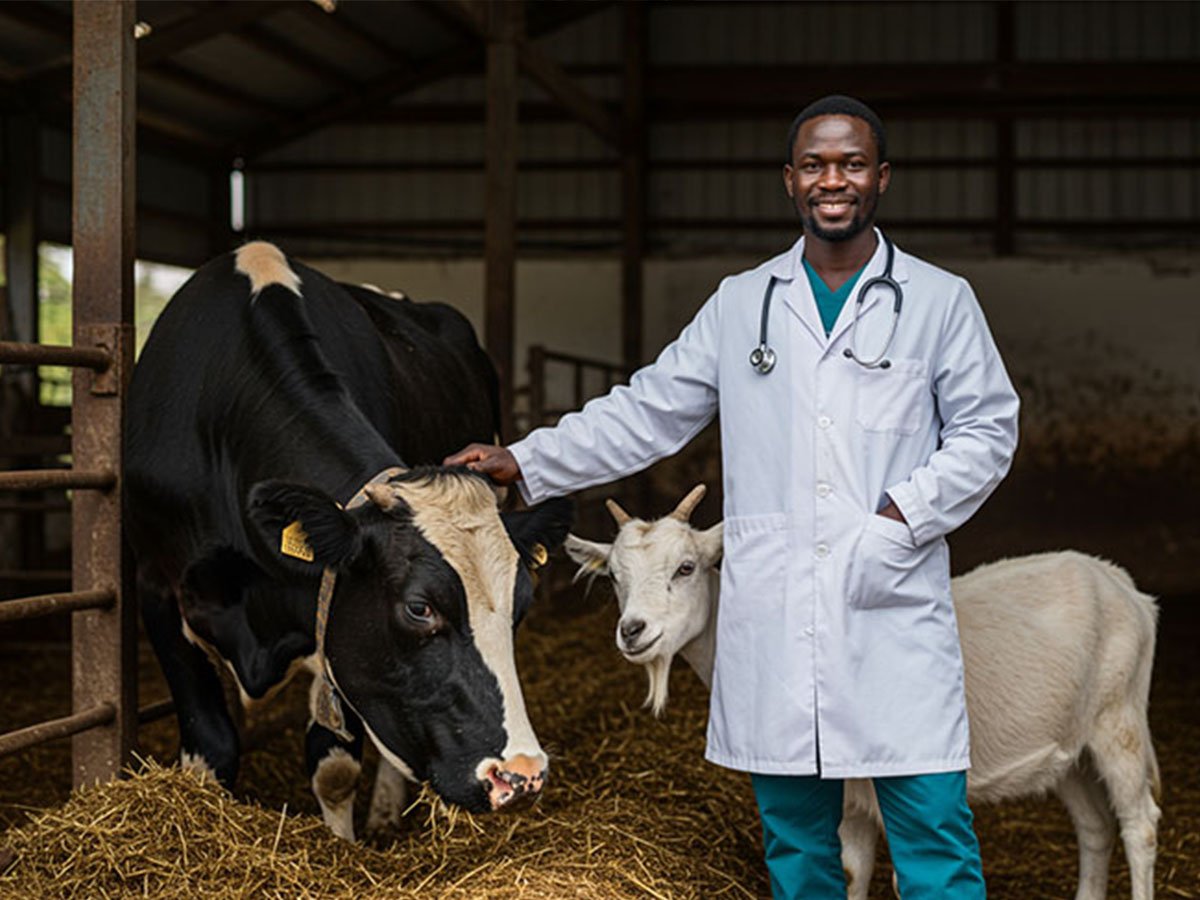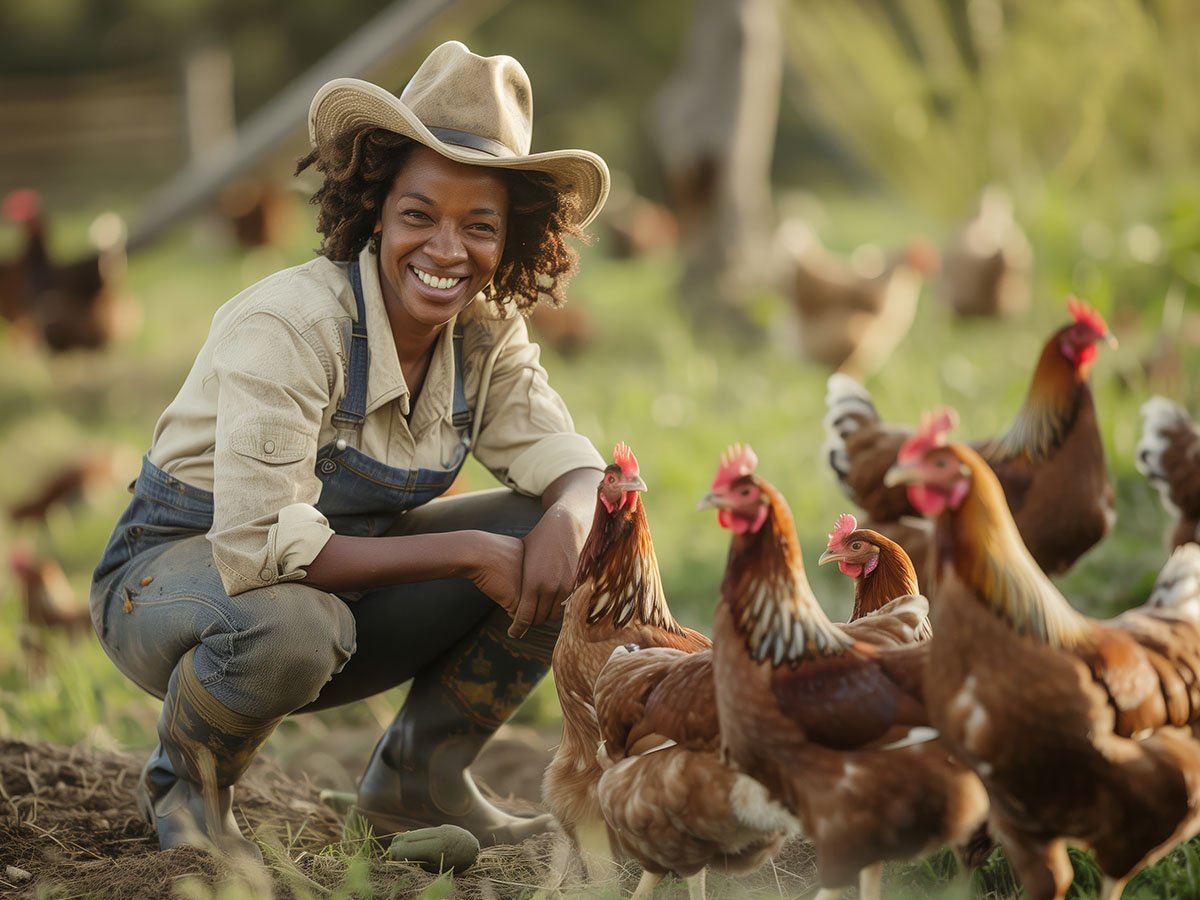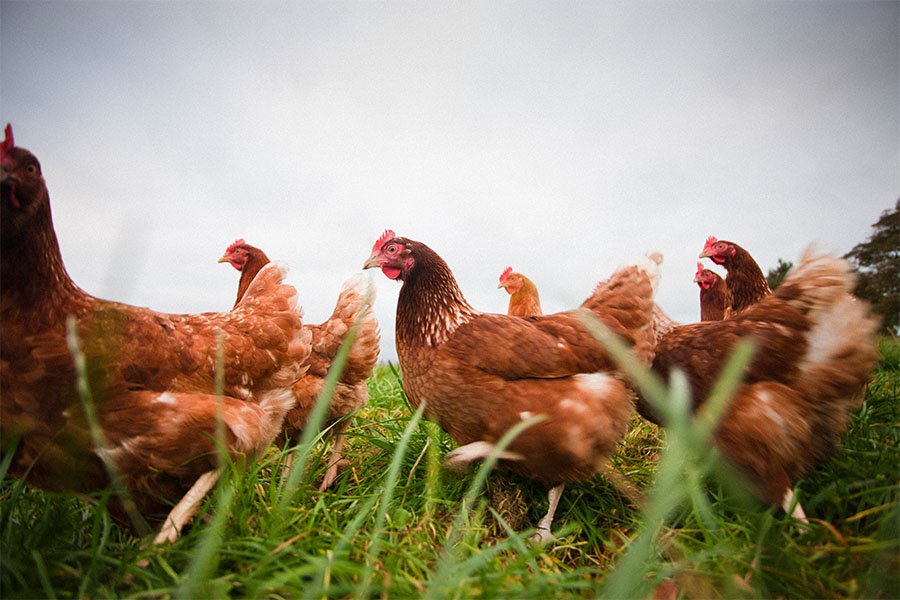Medical Care for Animals Matters: The Foundation of Safe, Ethical, and Nutritious Food
When we think of food safety and nutrition, we often look at packaging, expiry dates, or ingredients. But what if the journey began long before the butchery or the egg tray? What if the health of the animals raised on farms was the real cornerstone of food quality?
At Soba Renaissance, we know that healthy animals don’t just mean ethical farming they mean better meat, better eggs, and safer meals. That’s why veterinary care is a non-negotiable pillar of how we farm.
Why Animal Health Is the Starting Point of Food Safety
Across Kenya, animal farming is booming but veterinary oversight is not always guaranteed. Many farms operate without consistent vet checkups, leading to untreated diseases, high mortality, and contaminated meat and eggs entering the market.
Medical care for livestock ensures:
-
Early disease detection and prevention
-
Proper vaccination schedules
-
Hygienic and humane handling during treatment
-
Avoidance of overuse or misuse of antibiotics
-
High-quality meat and eggs that are safe for consumption
This isn’t just about animal welfare it’s about public health.
The Dangers of Skipping Veterinary Oversight
When animals are raised without proper care, the risks to consumers multiply:
-
Zoonotic diseases (transmitted from animals to humans)
-
Antibiotic resistance due to misuse
-
Infected or undernourished meat
-
Low egg quality and reduced shelf life
In Kenya, where foodborne illnesses remain a challenge, farms that cut corners on vet care contribute to unsafe food environments.
At Soba Renaissance, we do things differently.
How Soba Renaissance Prioritizes Veterinary-Backed Animal Welfare
From the moment an animal enters our self-reliant farm, it enters a health-first ecosystem. We partner with experienced veterinary professionals to monitor, diagnose, and treat our livestock regularly.
Our approach includes:
-
Health Records for every animal
-
Scheduled Vaccinations & Deworming
-
Stress-Reduction Protocols
-
Routine Lab Testing for Bacterial and Parasitic Infections
-
Zero-Tolerance Policy on Growth Hormones and Harmful Antibiotics
The result? Stronger animals, ethically raised, and high-quality produce that you can trace and trust.
Veterinary Care and Ethics Go Hand in Hand
In a world where factory farming cuts corners to chase volume, Soba Renaissance upholds a philosophy of slow, ethical, and informed farming. We believe animals deserve the same level of care and respect as any part of the food chain.
Animals in distress produce higher cortisol, which not only affects their well-being but can compromise the nutritional quality of their meat. It’s science-backed and rooted in common sense: happy, healthy animals = better food.
The Future of Farming Is Science-Based and Compassionate
With growing concerns around antibiotic resistance, climate change, and food safety, the farms of tomorrow must be grounded in:
-
Preventive veterinary care
-
Animal welfare
-
Environmental responsibility
-
Transparent, direct-to-consumer models
Soba Renaissance is proud to lead this shift in Kenya.
Why This Matters to You
When you buy from supermarkets or anonymous suppliers, you often don’t know how those animals were raised or treated. But when you buy from Soba Renaissance, you’re choosing:
-
Traceable farm-to-fork meat and eggs
-
Ethically raised livestock with medical oversight
-
Clean food free from harmful residues
-
Support for local Kenyan food systems
Choose Healthy, Choose Local, Choose Soba Renaissance
Food is personal. And at Soba Renaissance, we believe you deserve food that’s not just tasty, but safe, ethical, and traceable.
-Make the switch to food raised with intention
-Support farming that prioritizes animal welfare
-Eat with confidence, knowing where your food comes from
Soba Renaissance – From our farm to your table, with integrity.






